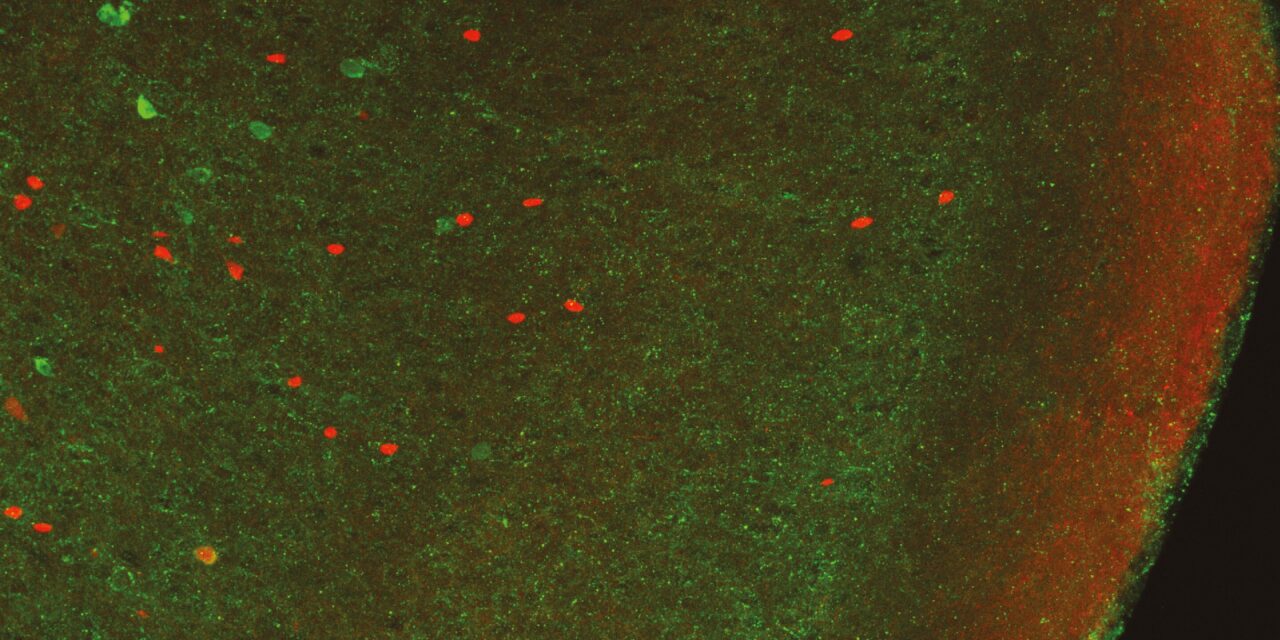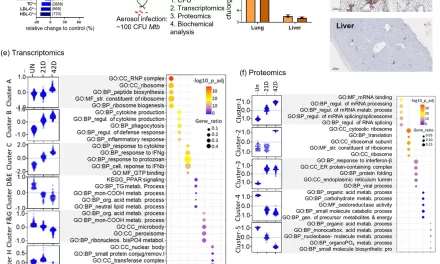The Genetics of Cognition research group, coordinated by Francesco Papaleo at the Italian Institute of Technology (IIT), has made a groundbreaking discovery about a brain network present in both animals and humans that allows them to recognize others’ emotions. These findings, published in the prestigious journal Nature Neuroscience, promise to pave the way for developing new and more effective therapeutic strategies for neurodevelopmental conditions such as schizophrenia and autism, where social functions are often impaired.
Recognizing and responding appropriately to the emotions expressed by others is a fundamental skill for animals, enhancing their ability to interact effectively with their counterparts and increasing their probability of survival. Despite its importance, the brain mechanisms underlying this process have remained largely unknown, even in humans—until now.
Using state-of-the-art techniques, Papaleo’s team identified a previously unstudied brain circuit involved in these socio-cognitive processes. This circuit consists of specific neuronal cells that connect two distant brain areas: the prefrontal cortex and the retrosplenial cortex.
The function of this connection in humans was tested through an experiment involving more than 1,000 volunteers. Each participant watched a screen displaying faces with angry, happy, or neutral expressions while researchers recorded their brain activity using magnetic resonance imaging (MRI) techniques. The results confirmed a correlation between the activity in the prefrontal cortex and the retrosplenial cortex and the recognition of emotions.
“We are excited by these new results because they deepen our understanding of the brain circuits that encode and, therefore, make us react to others’ emotions,” stated Francesco Papaleo, coordinator of the Genetics of Cognition laboratory at IIT. “We aim to have a broader view of how these mechanisms work, particularly how they are altered in psychiatric and neurodevelopmental disorders.”
Anna Monai, a researcher in the Genetics of Cognition laboratory, emphasized the potential therapeutic implications of this discovery. “Current drugs for treating neurodevelopmental conditions are not selective, affecting many types of neurons without distinction,” Monai explained. “The idea is to develop therapeutic strategies targeted toward specific brain circuits, thereby decreasing side effects while increasing treatment efficacy.”
This research marks a significant step forward in understanding the complex brain networks involved in socio-cognitive functions and opens new avenues for targeted treatments of neurodevelopmental disorders.
For more information, refer to the study by Daniel Dautan et al., “Cortico-cortical transfer of socially derived information gates emotion recognition,” published in Nature Neuroscience (2024).












